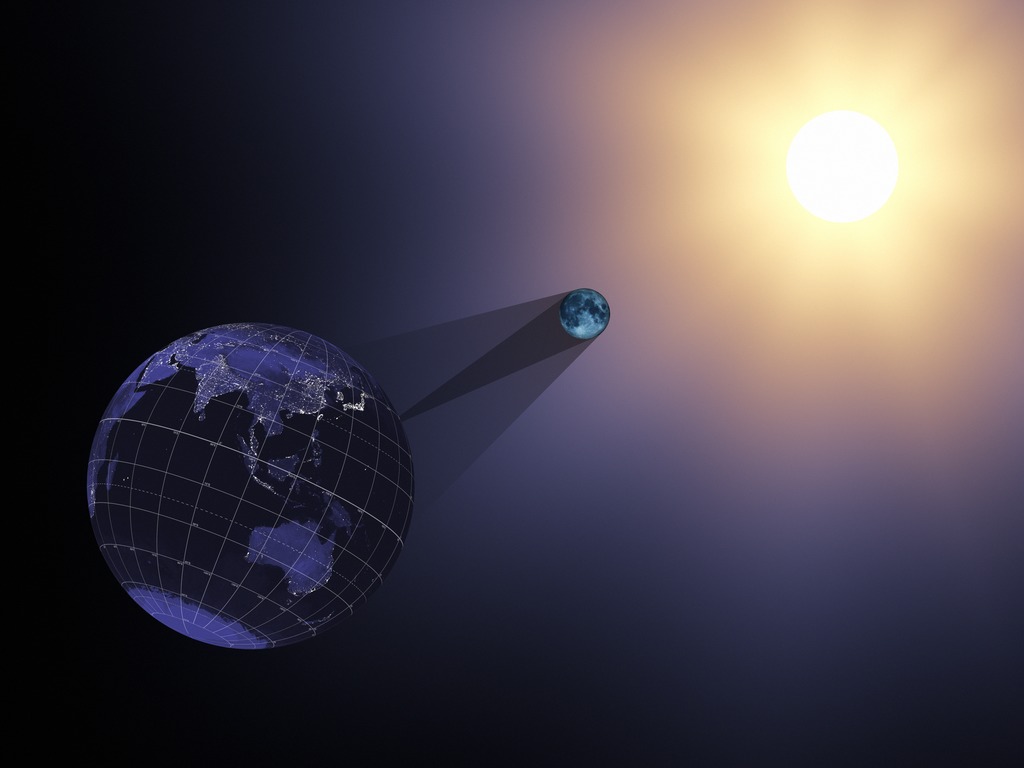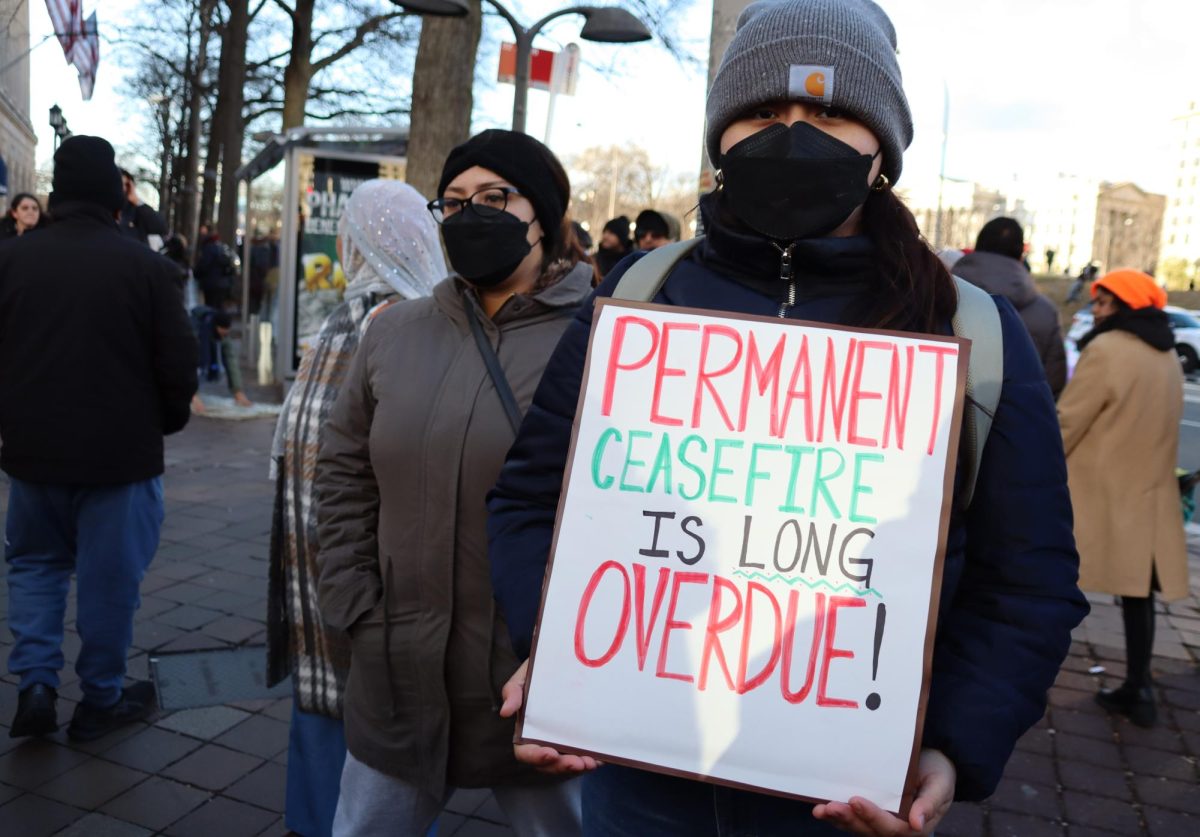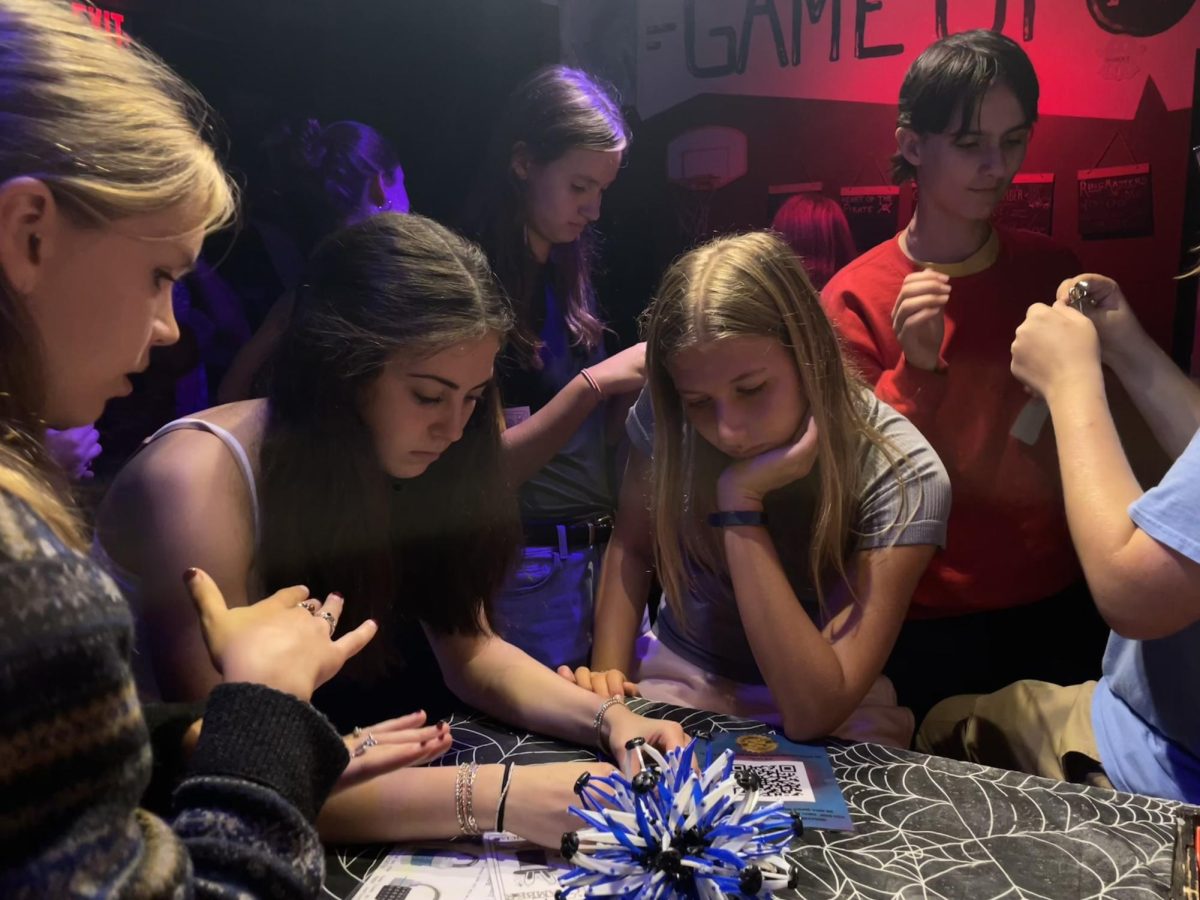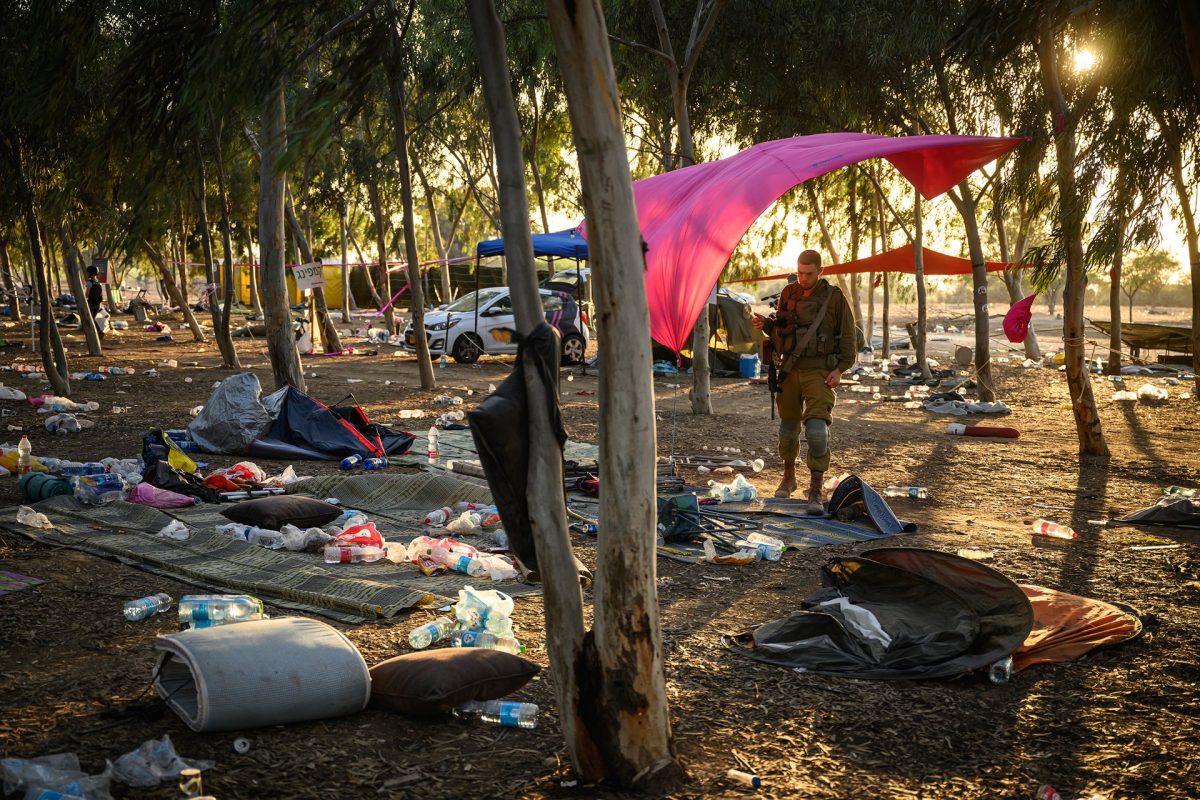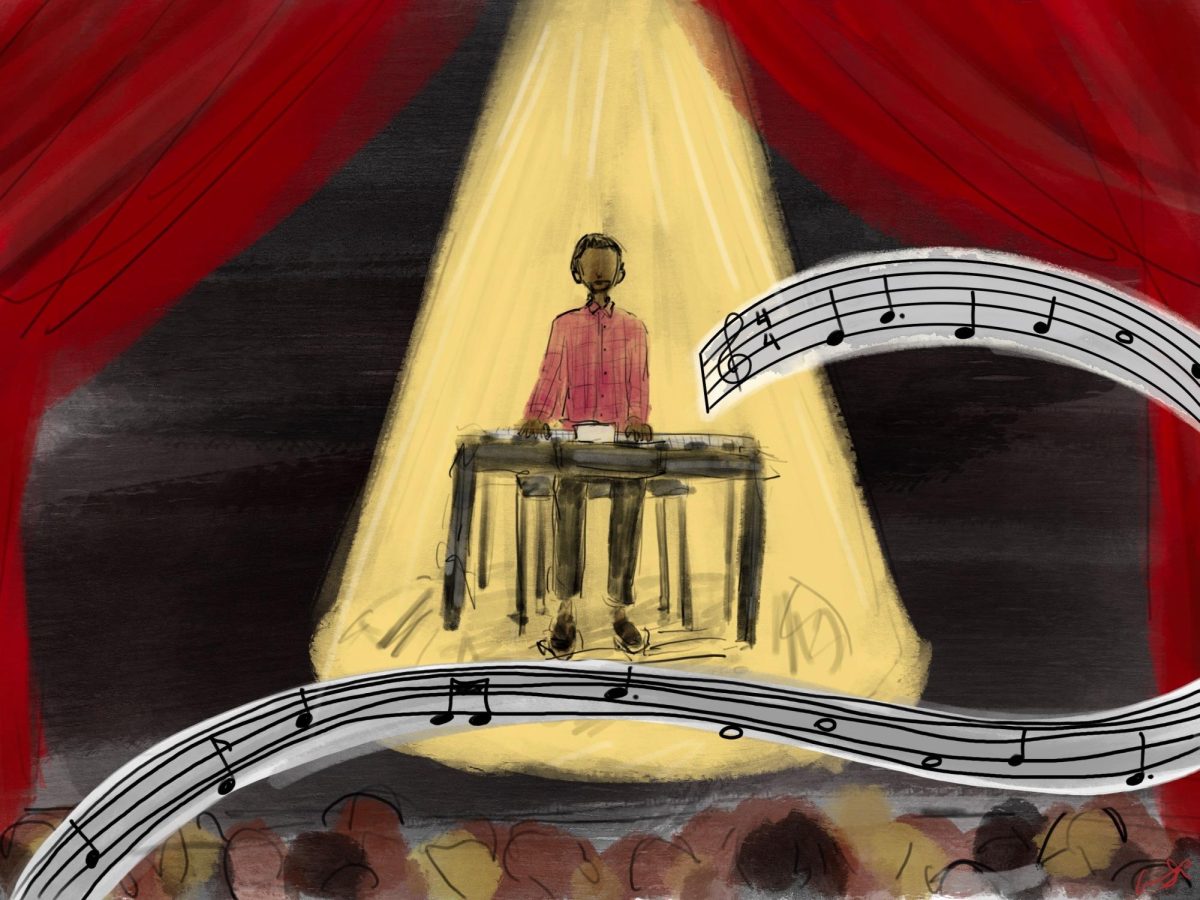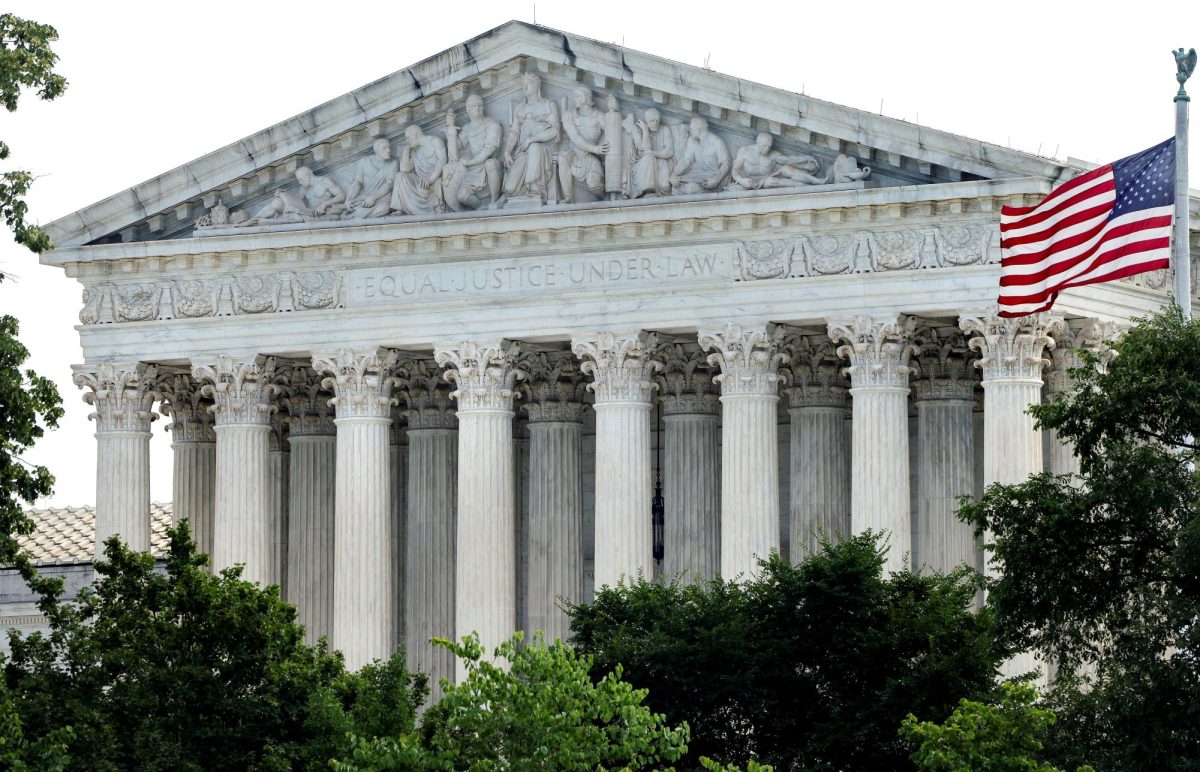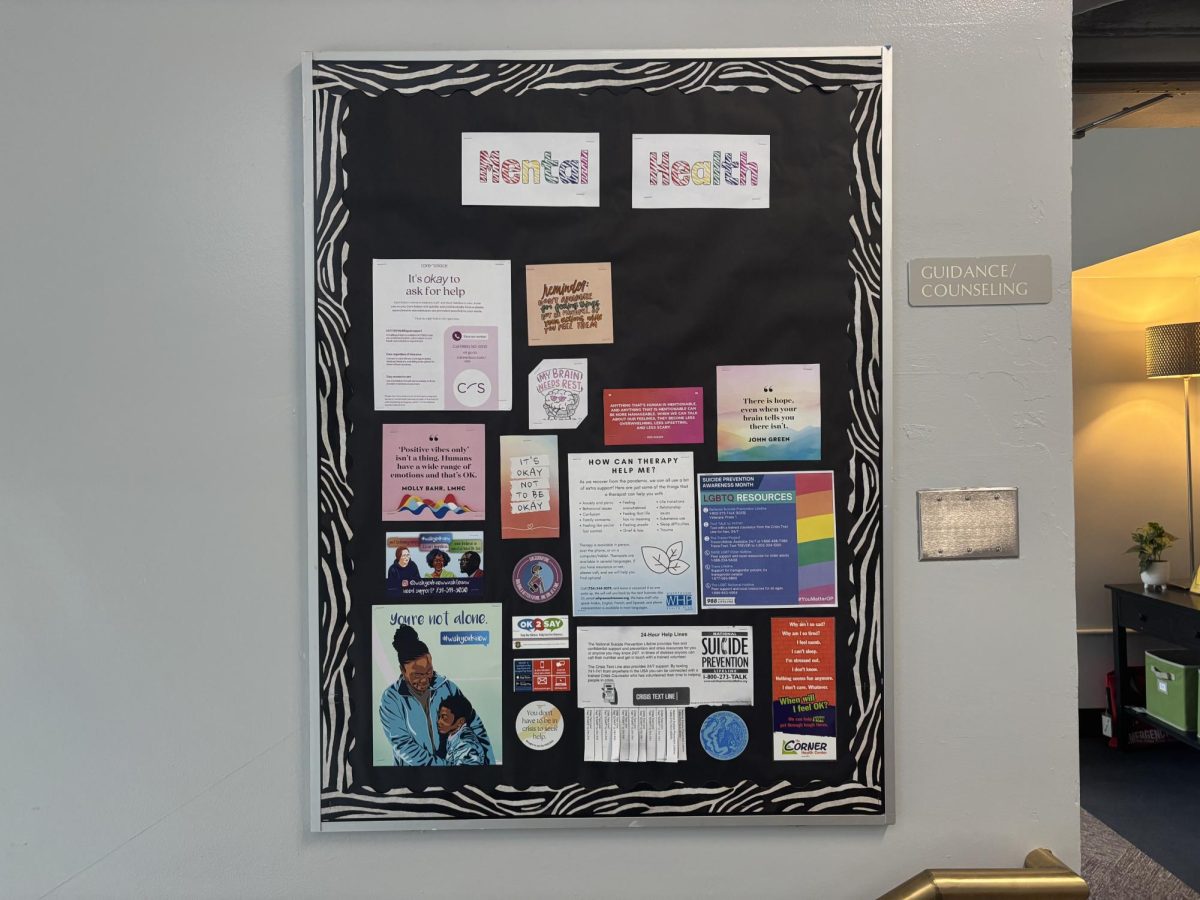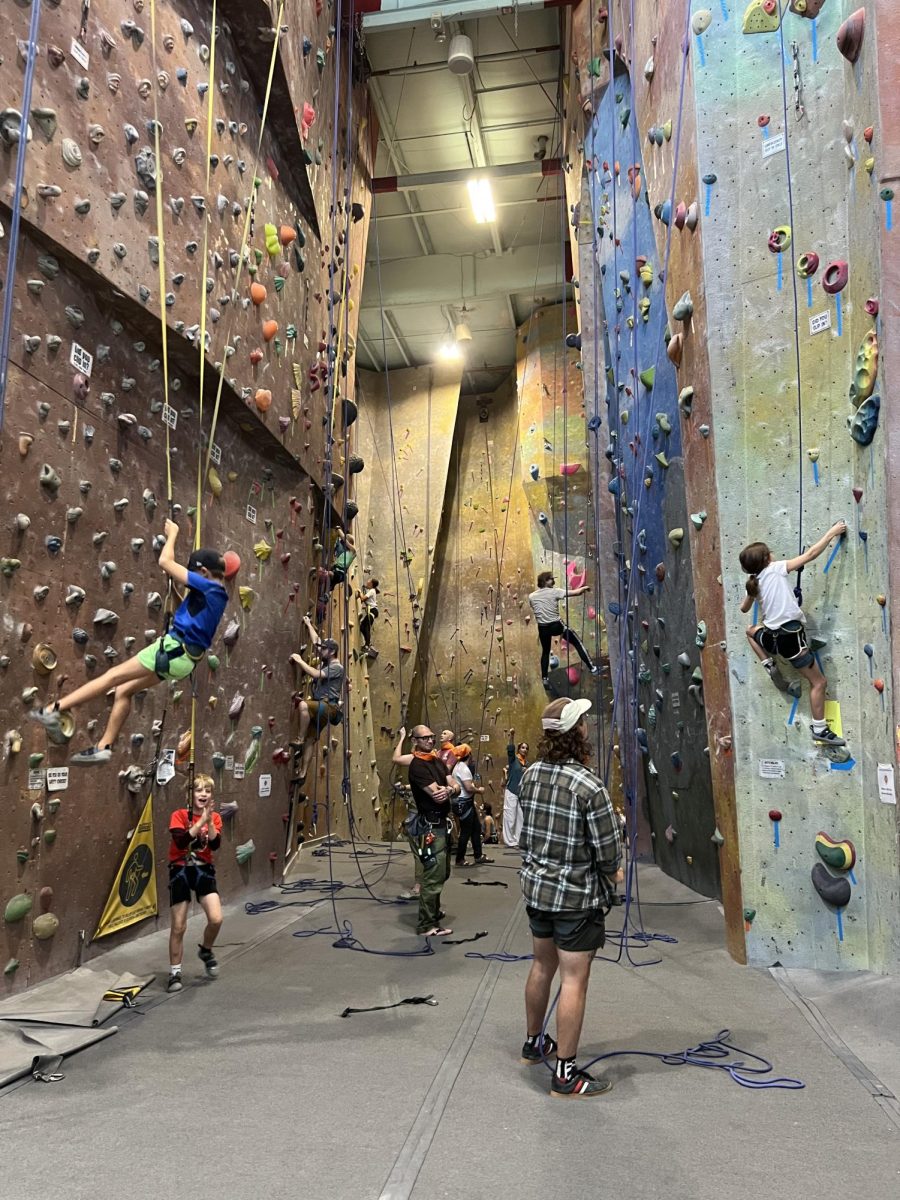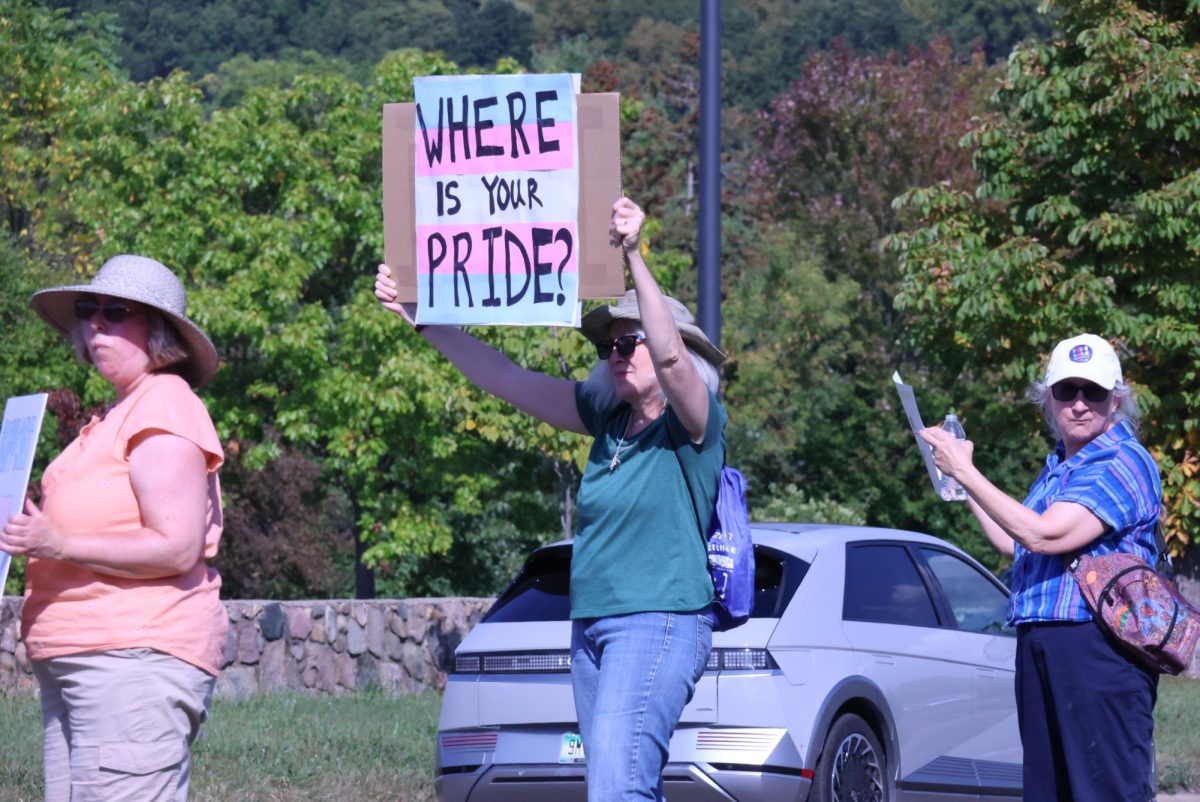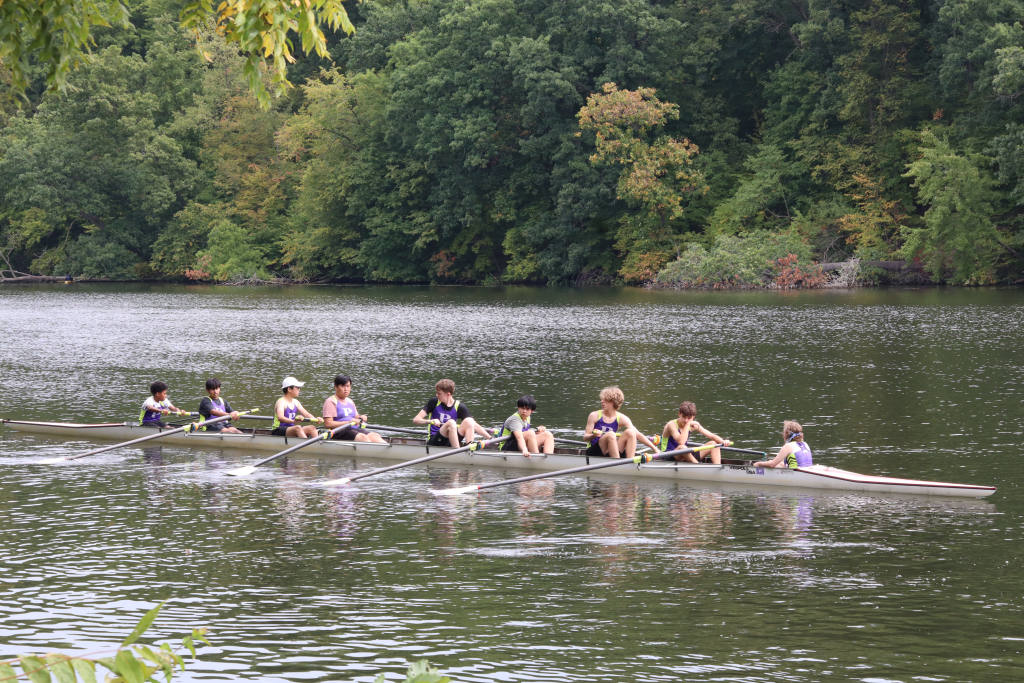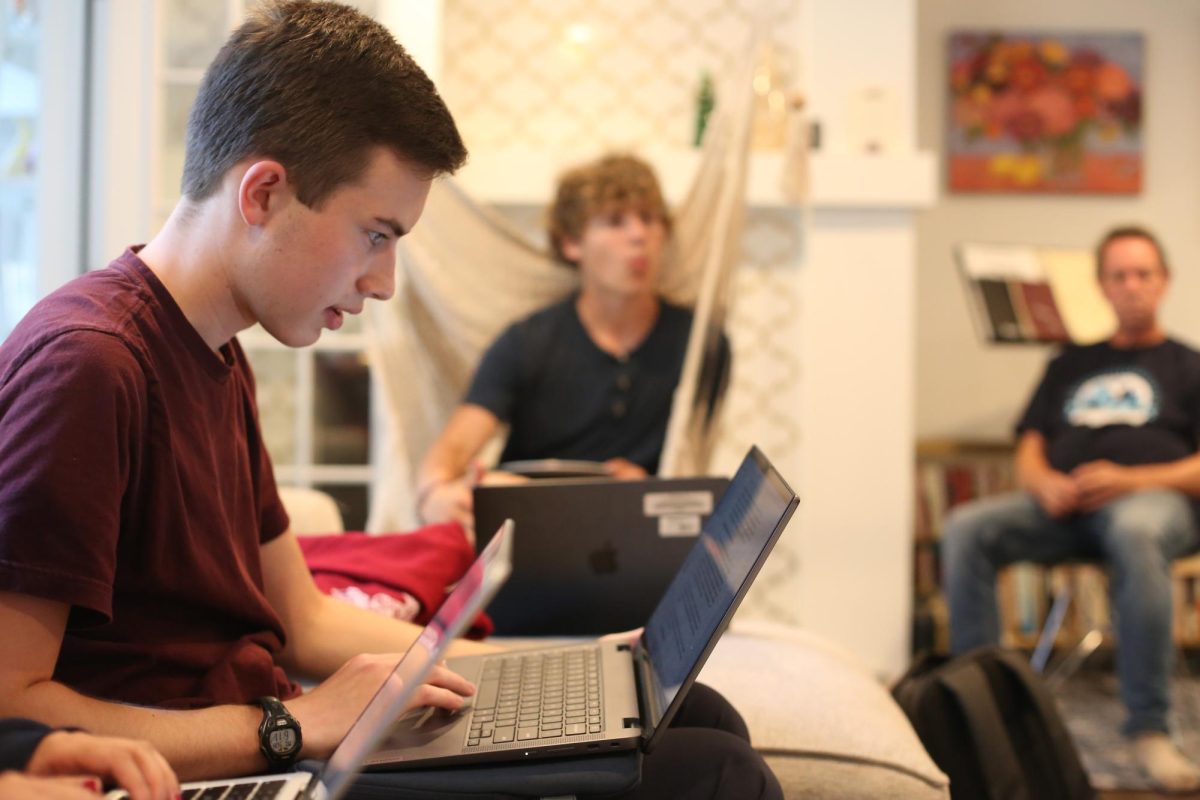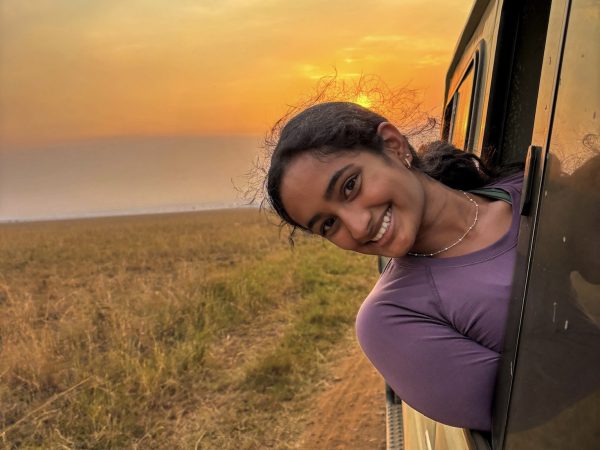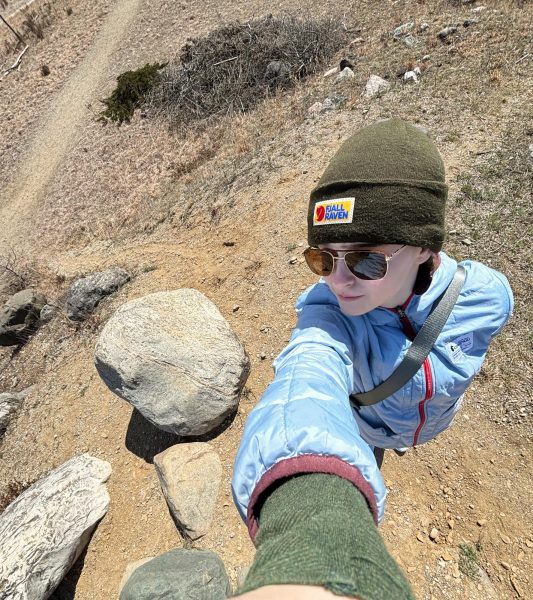The moon will come between the Earth and the sun, creating an eclipse covering our view of the sun. On April 8, Michigan will be under the path of totality for the eclipse. For 48 states in the US, this will be their only opportunity to observe a solar eclipse for the next 20 years.
Within Michigan, Community High School is ideally located for eclipse viewing. Southeastern Michigan will be the best part of the state for seeing the eclipse, which will peak around 3:00 p.m. EST. As April 8 is a regular Monday schedule for CHS, many students will be out of school by then.
The eclipse will begin around 11:00 a.m., so it should be visible during the CHS lunch period. Students leaving block five will have roughly another hour until the eclipse peaks, but this could be a good time to get a glimpse. Students who stay at school for block seven may miss the peak, but students should have at least 20 minutes after class to view the tail end of this event. Seniors and any other students and teachers who drive home should be extra cautious because of the disturbance from sunlight.
Clara Bailey, a CHS sophomore, recalls the 2017 solar eclipse. Bailey had a fantastic time. She and her family went up north to Black Lake, a lake in the northeast corner of the lower peninsula of Michigan. Bailey’s grandparents own a lakehouse on Black Lake, and her family decided to drive up and watch the eclipse from a perfect spot: the center of the lake.
“My grandpa took all of us out on the boat,” Bailey said. “We went to the middle of the lake and we got to swim while watching the solar eclipse happen.”
Viewing this rare occurrence was meaningful for Bailey because it was one of the times when she connected with her younger brother, Nate. While jumping out of the boat and swimming in the empty lake with the sun disappearing, Bailey and her brother viewed the eclipse, laughing and experiencing a rare occurrence.
While seeing an eclipse is a great experience, it is a safety hazard for all All eclipse viewers must use eclipse glasses that meet the ISO 12312-2 safety standard. Never look directly at the sun because ultraviolet (UV) rays emitted from the sun can harm unprotected eyes. But, using these special glasses protects the eyes.
Cameras, telescopes and binocular lenses should have a special filter attached to protect the users’ eyes. Sunscreen is also recommended for those planning to watch the eclipse for extended periods.
For this solar eclipse in April, Bailey doesn’t know what her family is going to do, but she hopes it’s something as fun and memorable as it was seven years ago.



